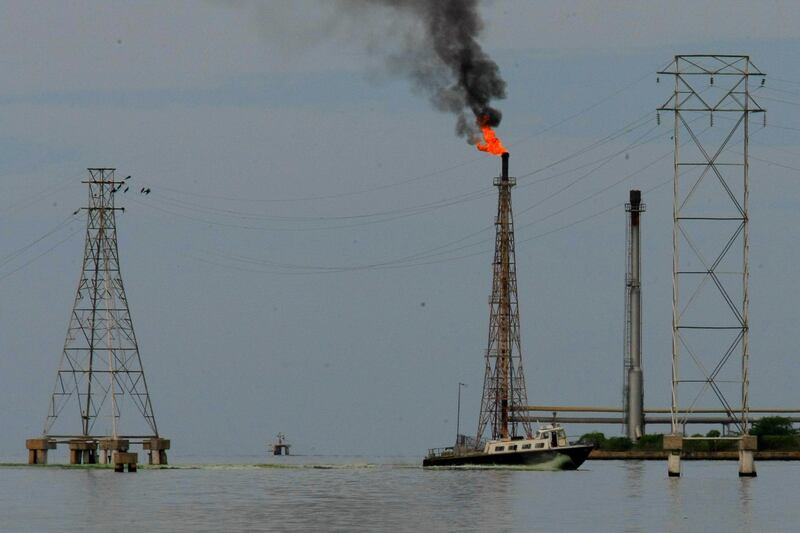Archeologists regularly stumble over troves of gold coins dating back centuries, proving that money is as old as civilisation itself.
Cash, however, brings practical limitations when it comes to how much we can physically move about, which is why currencies also depend on a system of trust to allow easier representations of physical coins, gold etc. In 62 BCE Roman statesman Cicero paid 3,5 million sesterces for a villa – equivalent to 12.5 tonnes of gold, historians tell us.
The transaction was completed using a system of ledger transfers, not unlike those that banks now use. Trying to settle the deal using physical gold would have been a huge undertaking – and probably led to a riot on the streets of Rome.
Today, countries use fiat currency in the forms of coins, notes and bank ledgers. The dirham's worth is determined not by its paper value or a physical commodity such as gold – but because the UAE Government stands behind it.
Trust, then is key. This is a precious commodity that the government of Zimbabwe squandered when it tried to print its way out of debt in the early 2000s. By dumping millions of dollars into the economy via the printing press, the ruling ZanuPF party hoped to pay the salaries of state employees – and that nobody would notice the subterfuge.
Of course they did, with predictable results – inflation hitting 500 billion per cent. Others have also tried, and failed, to use the printing press to escape economic difficulty. Venezuela's own inflation rate is on track to reach 2,300 per cent early next year, Bloomberg reports.
_____________
Read more:
Saudi Arabia, UAE, Venezuela open to extending oil production cuts
____________
Venezuela's economy is near collapse after years of mismanagement that included nationalising most of its industry, including oil production facilities.
The South American country has been forced to issue higher denomination bills in values of 500, 5000 and 20,000 bolivars after its formerly largest note became worth around 2 US cents on the black market.
As happened in Zimbabwe's hyperinflation era between 2005-2009, Venezuela is running out of money – to pay for money. The specialised ink and paper needed to produce the bolivar needs to be imported, and has to be paid for in dollars. With these in short supply, the government cannot afford to print enough of the notes it needs.
The bolivar's value is also plunging against the US dollar – from 4,500 in January to almost 30,000 today. The government of the president Nicolas Maduro has tried to contain the financial rout by outlawing the publication of black market rates, also a tactic Zimbabwe tried.
Unfortunatley for Mr Madruro, the internet knows no borders, and DolarToday, an anti-government site run by dissidents in the US, keeps minute-by-minute track of the black market rate. DolarToday is now the go-to source for Venezuelans to monitor the price of everything from the bolivar's value against foreign currency to the price of a car.
At least Venezuelans have yet to sink to the indignity Zimbabweans were subjected to earlier this year. There, the finance ministry tried to convince banks to accept machinery and farm animals such as goats and cattle as collateral for loans.
So far, the banks have resisted the measure.





